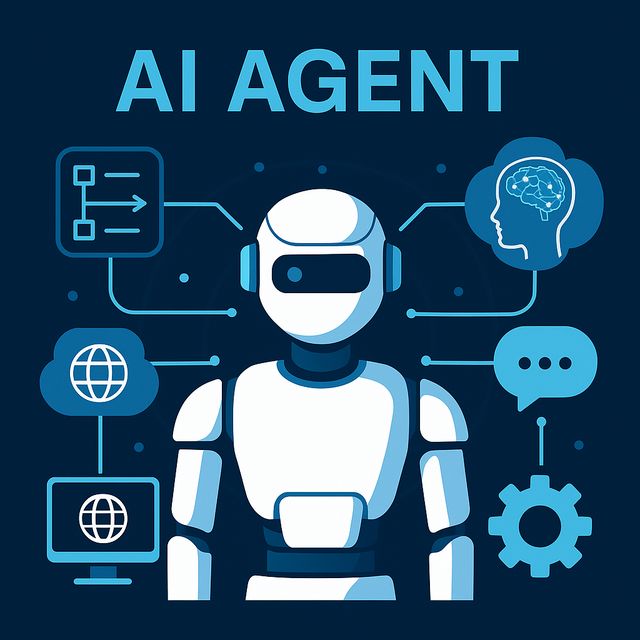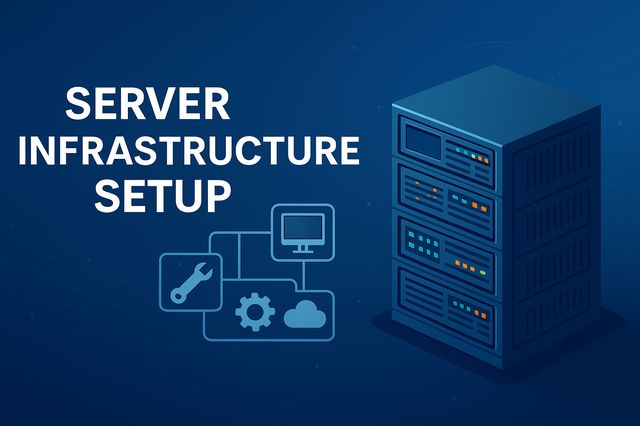When we think of cybersecurity roles, technical expertise often takes center stage. Skills like threat detection, incident response, and network security dominate job descriptions. However, there’s a hidden factor that can significantly influence hiring decisions emotional intelligence (EI). In an industry driven by data, logic, and technical precision, candidates who showcase strong emotional intelligence often gain a competitive edge during interviews.
What Is Emotional Intelligence (EI) and Why Does It Matter
Emotional intelligence refers to the ability to recognize, understand, manage, and influence emotions both your own and those of others. Daniel Goleman, a leading expert on EI, defines it through five core components:
- Self-Awareness: Recognizing your emotions and their impact on your behavior.
- Self-Regulation: Managing emotions, especially in stressful or high-pressure situations.
- Motivation: Staying driven and goal-oriented, even when facing challenges.
- Empathy: Understanding the feelings and perspectives of others.
- Social Skills: Navigating interpersonal dynamics effectively, fostering collaboration, and resolving conflicts.
In cybersecurity, where stress levels can spike during incidents and cross-functional collaboration is essential, these traits are invaluable.
The Hidden Power of EI in Tech Interviews
While technical assessments evaluate your hard skills, interviews often explore how you handle real-world scenarios, interact with teams, and respond to pressure. Here’s how emotional intelligence can set you apart:
Handling Stress and Pressure Effectively
Imagine being asked in an interview how you managed a critical security breach.
- Low EI Response: “It was stressful, but I did what I had to do.”
- High EI Response: “During the breach, I remained calm, assessed the situation methodically, and communicated clearly with stakeholders to prevent panic while coordinating the response.”
Recruiters look for candidates who can remain composed, make rational decisions under pressure, and communicate effectively during crises.
Demonstrating Self-Awareness
Self-aware candidates can articulate their strengths and weaknesses authentically.
Example: Instead of saying, “I don’t have any weaknesses,” a candidate with high EI might say, “I used to struggle with time management when juggling multiple projects, but I’ve implemented prioritization techniques that have significantly improved my productivity.”
This level of reflection shows maturity and a growth mindset—qualities highly valued in dynamic cybersecurity environments.
Empathy in Team Collaboration
Cybersecurity isn’t a siloed function. Professionals often work with IT, legal, HR, and executive teams. Demonstrating empathy during an interview shows you can navigate diverse perspectives.
Interview Question: “How do you handle disagreements with team members?”
A strong EI response might be: “I try to understand the root of the disagreement from the other person’s perspective. I believe listening actively helps uncover common ground, and I focus on solutions rather than assigning blame.”
This highlights conflict resolution skills, critical for leadership and team-oriented roles.
Active Listening: A Key to Stronger Responses
Many candidates focus so much on preparing answers that they forget the importance of listening. High EI candidates actively listen to the interviewer’s question, process the information, and respond thoughtfully.
Tip: Paraphrase the question before answering to show understanding, e.g., “If I understand correctly, you’re asking how I’d approach risk assessment in a hybrid environment. Here’s my approach…”
Resilience and Adaptability
In cybersecurity, change is constant—new threats, technologies, and regulations emerge regularly. Interviewers often ask behavioral questions to assess resilience.
Example: “Tell me about a time you faced a major setback.”
Candidates with strong EI might say, “I failed an important certification exam on my first attempt. Instead of getting discouraged, I analyzed my mistakes, adjusted my study approach, and passed the next time. The experience taught me valuable lessons about resilience.”
This shows a positive attitude toward failure, highlighting growth and perseverance.
How to Showcase Emotional Intelligence in Interviews
- Prepare STAR Stories: Use the Situation-Task-Action-Result framework to structure answers, emphasizing both technical actions and emotional insights.
- Be Authentic: Don’t script responses. Authenticity resonates more than rehearsed answers.
- Ask Thoughtful Questions: Demonstrating curiosity about team dynamics, company culture, or leadership styles reflects high EI.
- Mind Your Body Language: Maintain eye contact, use open gestures, and nod to show active engagement.
For Recruiters: How to Assess Emotional Intelligence in Candidates
While candidates focus on showcasing EI, recruiters can assess it through:
- Behavioral Questions: “Describe a time you had to deliver bad news to a team or client.”
- Hypothetical Scenarios: “How would you handle a disagreement with a colleague over a security strategy?”
- Follow-Up Probing: Dig deeper into answers to see if candidates reflect on both the technical and emotional aspects of situations.
SECITHUB’s Recommendations
- For Candidates: Emotional intelligence is a learnable skill. Reflect on past experiences, seek feedback, and practice self-awareness regularly.
- For Recruiters: Incorporate EI assessments into your hiring process to build resilient, collaborative cybersecurity teams.
Final Thoughts
In the cybersecurity field, technical prowess will get you noticed—but emotional intelligence will help you thrive. Whether you’re a candidate preparing for an interview or a recruiter evaluating talent, recognizing the value of EI can make the difference between a good hire and a great one.


